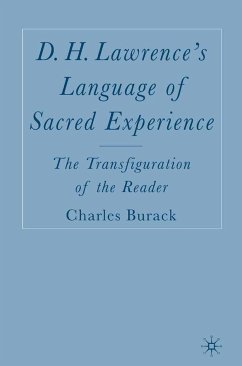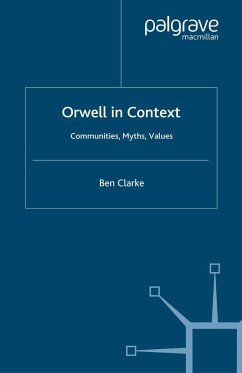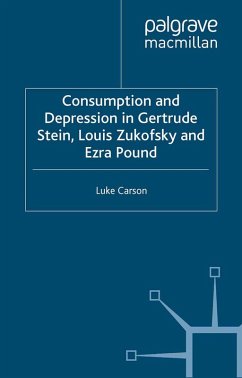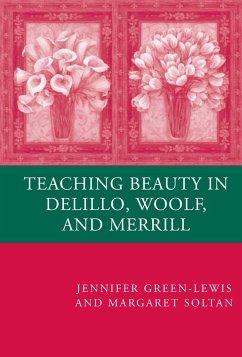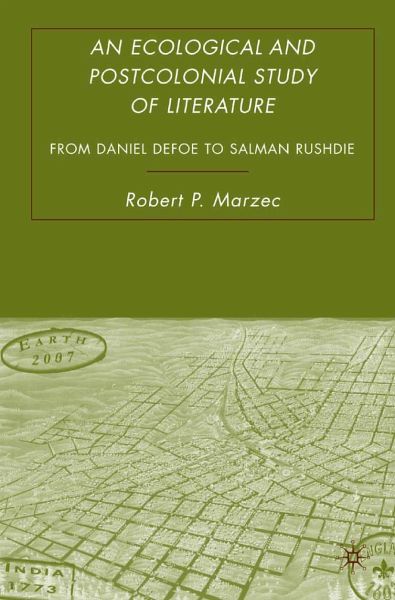
An Ecological and Postcolonial Study of Literature (eBook, PDF)
From Daniel Defoe to Salman Rushdie
Versandkostenfrei!
Sofort per Download lieferbar
40,95 €
inkl. MwSt.
Weitere Ausgaben:

PAYBACK Punkte
20 °P sammeln!
This book argues that humanity's relationship to the land has undergone a fundamental and calamitous change. Marzec reveals how the historical phenomenon known as the 'enclosure movement' has effected not only the ecosystems and the geopolitics of the Twenty-First century, but on how we relate to the earth and conceive of ourselves as human.
Dieser Download kann aus rechtlichen Gründen nur mit Rechnungsadresse in A, B, BG, CY, CZ, D, DK, EW, E, FIN, F, GR, HR, H, IRL, I, LT, L, LR, M, NL, PL, P, R, S, SLO, SK ausgeliefert werden.





